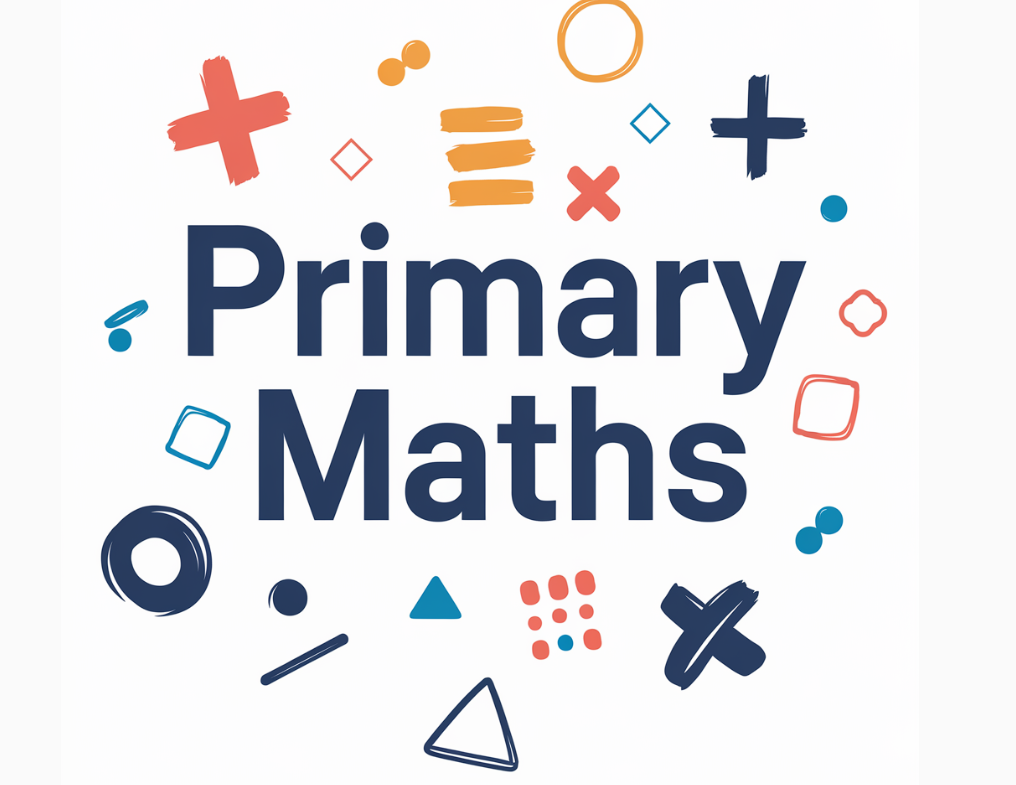Unlocking Potential and Fostering a Love for Learning

Introduction: The Challenge of Math in School
Mathematics is often regarded as one of the most challenging subjects in school. For many students, math class can be a source of anxiety, confusion, and frustration. The fast-paced nature of classroom instruction, combined with the abstract nature of mathematical concepts, can leave students feeling overwhelmed and discouraged. However, the importance of math in everyday life and in future academic and career opportunities cannot be overstated. This is where after-school math programs come into play, offering a valuable opportunity for students to strengthen their math skills, build confidence, and develop a deeper understanding of the subject.
The Role of After-School Math Programs in Education
After-school math programs are designed to complement the math education students receive in the classroom. These programs provide additional support, resources, and personalized instruction that can help students overcome the challenges they face in math. Whether a student is struggling to keep up with the curriculum or is looking to advance beyond their current level, after-school math programs offer a tailored approach to learning that can make a significant difference.
Benefits of After-School Math Programs: Enhancing Understanding
One of the primary benefits of after-school math programs is the opportunity for students to gain a deeper understanding of mathematical concepts. In a classroom setting, teachers often have limited time to address each student’s individual needs. After-school programs, on the other hand, can offer smaller group sizes or even one-on-one tutoring, allowing students to ask questions, receive immediate feedback, and work through problems at their own pace. This personalized attention can lead to a more comprehensive grasp of the material, helping students to not only solve problems but also understand the underlying principles.
Building Confidence in Math
Confidence is a crucial component of success in math. Students who lack confidence in their math abilities are more likely to avoid challenging problems, leading to a cycle of underperformance and decreased motivation. After-school math programs can help break this cycle by providing a supportive environment where students can practice and reinforce their skills. As students begin to see their progress and understand the concepts better, their confidence in their math abilities grows, leading to improved performance in the classroom and a more positive attitude toward the subject.
Developing Critical Thinking and Problem-Solving Skills
Math is not just about numbers and equations; it is a discipline that requires critical thinking, logical reasoning, and problem-solving skills. After-school math programs often incorporate activities and exercises that challenge students to think creatively and apply mathematical concepts to real-world situations. These skills are not only valuable in math but also in other areas of life, such as science, engineering, and even everyday decision-making. By fostering these skills, after-school math programs help students become more well-rounded thinkers.
Preparing for Standardized Tests and Future Academic Success
Standardized tests, such as the SAT or ACT, play a significant role in college admissions. These tests often include math sections that assess students’ understanding of various mathematical concepts. After-school math programs can help students prepare for these tests by providing targeted instruction and practice in the areas that are most likely to appear on the exams. Additionally, a strong foundation in math is essential for success in higher-level courses, such as calculus, physics, and advanced statistics. By participating in after-school math programs, students can build the skills they need to excel in these challenging subjects.
Types of After-School Math Programs: Tutoring, Enrichment, and More
There are various types of after-school math programs available, each catering to different needs and learning styles. Tutoring programs offer one-on-one or small group instruction, allowing students to receive personalized attention and support. Enrichment programs, on the other hand, provide students with opportunities to explore math in a more creative and engaging way, often through projects, games, and real-world applications. There are also specialized math programs that focus on specific areas, such as algebra, geometry, or statistics, allowing students to deepen their knowledge in a particular subject area.
Choosing the Right After-School Math Program for Your Child
Selecting the right after-school math program for your child is crucial to their success. When choosing a program, consider your child’s individual needs, learning style, and goals. Look for a program that offers qualified instructors who are knowledgeable in math and skilled in teaching. Additionally, consider the program’s approach to learning, whether it is more structured or flexible, and whether it aligns with your child’s preferences. Finally, check for reviews and testimonials from other parents and students to ensure that the program has a proven track record of success.
The Role of Parents in Supporting After-School Math Learning
Parents play a vital role in supporting their children’s learning in after-school math programs. By staying involved and engaged, parents can help their children stay motivated and on track. This might involve reviewing homework assignments, discussing what was learned in the program, and providing encouragement and positive reinforcement. Parents can also work with the program’s instructors to stay informed about their child’s progress and to address any concerns that may arise.
Success Stories: How After-School Math Programs Have Made a Difference
Many students have benefited significantly from participating in after-school math programs. For example, one student who struggled with algebra in school found that attending an after-school tutoring program helped her understand the concepts better and improve her grades. Another student discovered a love for math through an enrichment program that introduced him to the beauty of mathematical patterns and puzzles. These success stories illustrate the positive impact that after-school math programs can have on students’ academic performance, confidence, and overall attitude toward math.
Addressing Common Misconceptions About After-School Math Programs
There are several misconceptions about after-school math programs that may discourage some students and parents from participating. One common misconception is that these programs are only for students who are struggling in math. In reality, after-school math programs can benefit students of all ability levels, from those who need extra help to those who are looking to challenge themselves with more advanced material. Another misconception is that after-school math programs are boring or repetitive. In fact, many programs incorporate interactive, hands-on activities and real-world applications that make learning math engaging and enjoyable.
Conclusion: Investing in Your Child’s Math Education
After-school math programs offer a valuable opportunity for students to enhance their math skills, build confidence, and develop critical thinking abilities. By providing personalized instruction, a supportive learning environment, and opportunities for exploration and application, these programs can help students overcome the challenges they face in math and unlock their full potential. As parents, educators, and caregivers, it is important to recognize the value of after-school math programs and to encourage students to take advantage of these resources. Investing in your child’s math education through after-school programs is an investment in their academic success, future career opportunities, and overall well-being.
